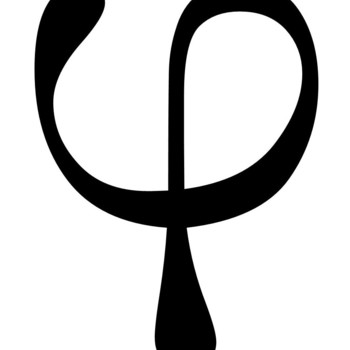How do you simplify #i^20#?
2 Answers
Explanation:
We have:
You see a pattern? Let's try to define it mathematically.
Let's define a function. For any division function, our function will return its remainder. We call our function
Note: For these imaginary numbers sequences,
Anyways, we find
-
#zeta(n/4)=0# , we know that#i^n=1# -
#zeta(n/4)=1# , we know that#i^n=i# -
#zeta(n/4)=2# , we know that#i^n=-1# -
#zeta(n/4)=3# , we know that#i^n=-i#
Lets confirm this. Take
Let's tackle our problem. Here,
So
Explanation:
Given
In this case

